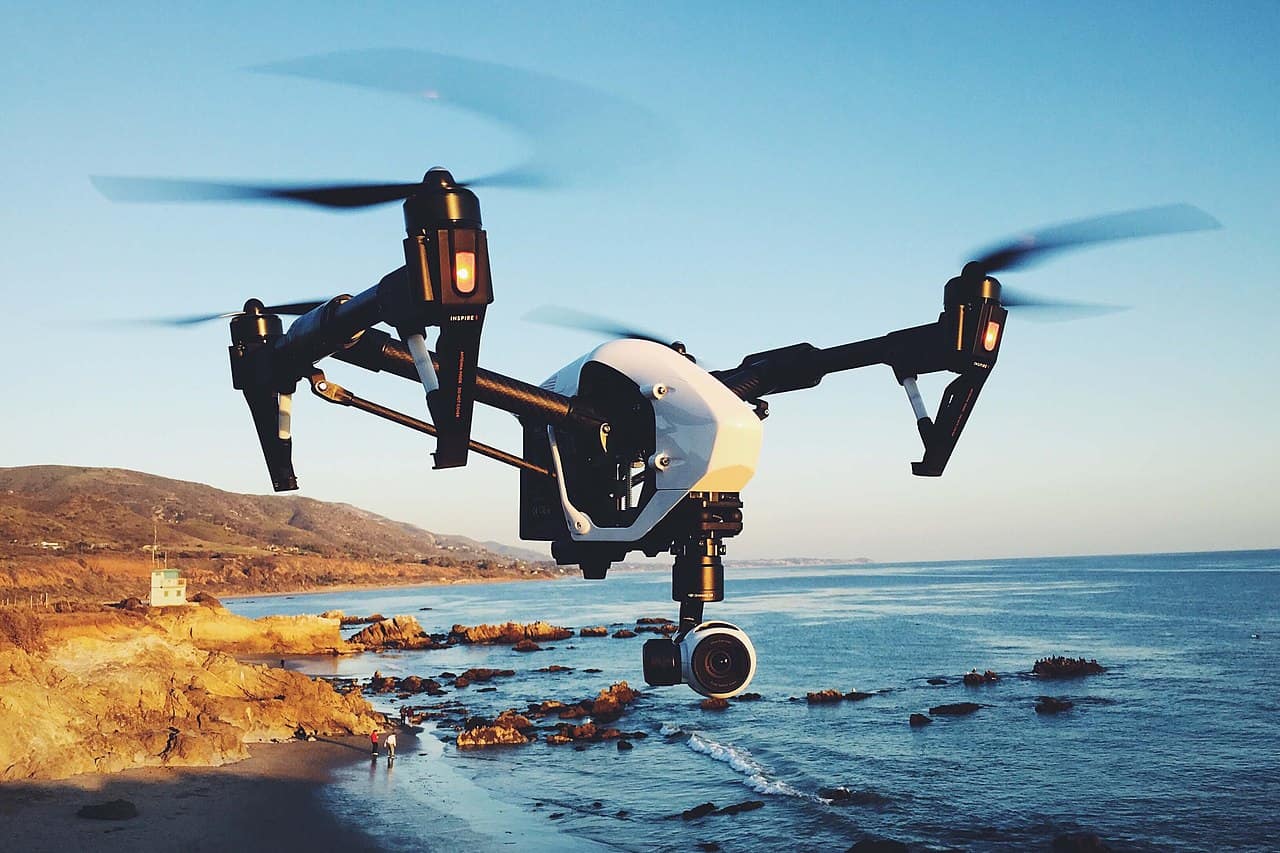Before DJI, a Chinese drone company, was named a national security threat, it was the darling of the U.S. government, used by federal agencies, the military and more than 900 local and state law enforcement and emergency service agencies. In fact, the company so dominates the global market for small drones that even though parts of the national security establishment have worked to block it, other federal agencies have continued to embrace DJI drones and order more, arguing that their operations
Subscribe or login to read the rest.
Subscribers get full access to:
- Exclusive longform investigative journalism, Q&As, news and analysis, and data on Chinese business elites and corporations. We publish China scoops you won't find anywhere else.
- A weekly curated reading list on China from Andrew Peaple.
- A daily roundup of China finance, business and economics headlines.
We offer discounts for groups, institutions and students. Go to our
Subscriptions page for details.
Includes images from Depositphotos.com

